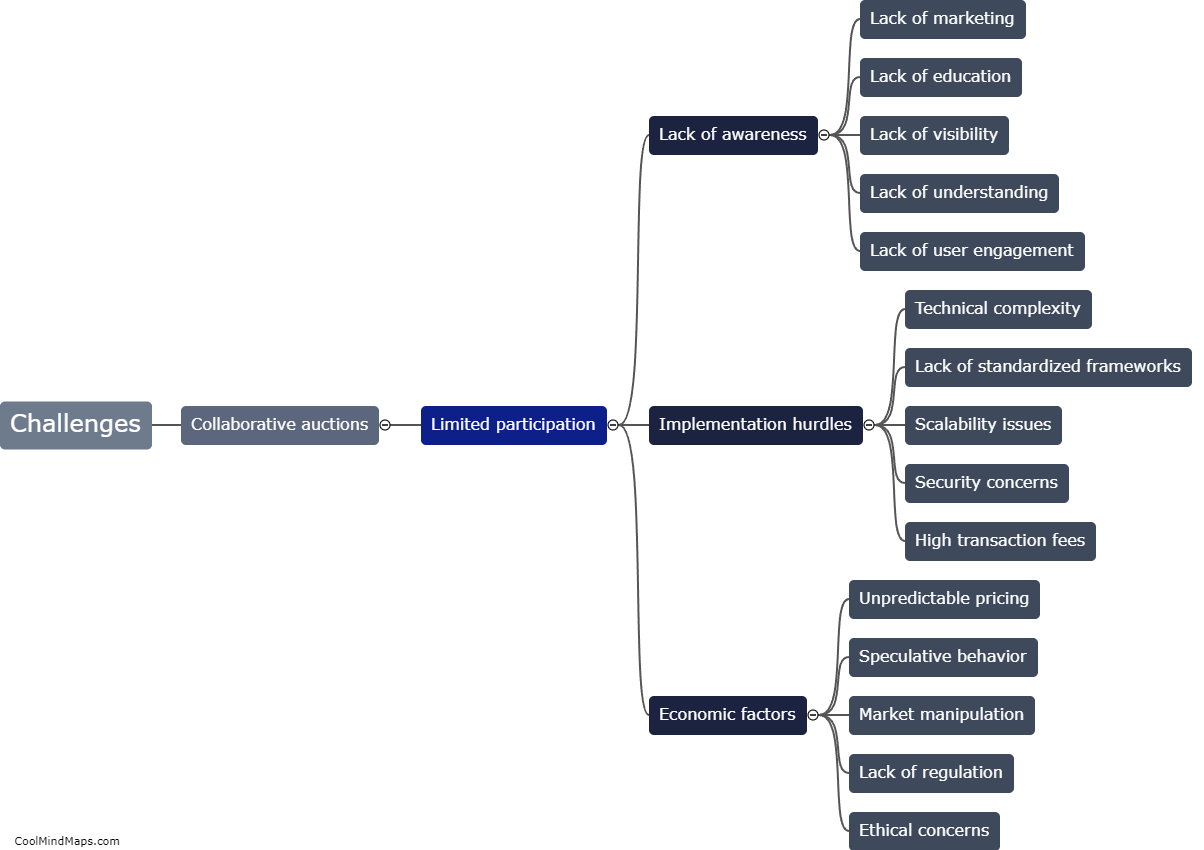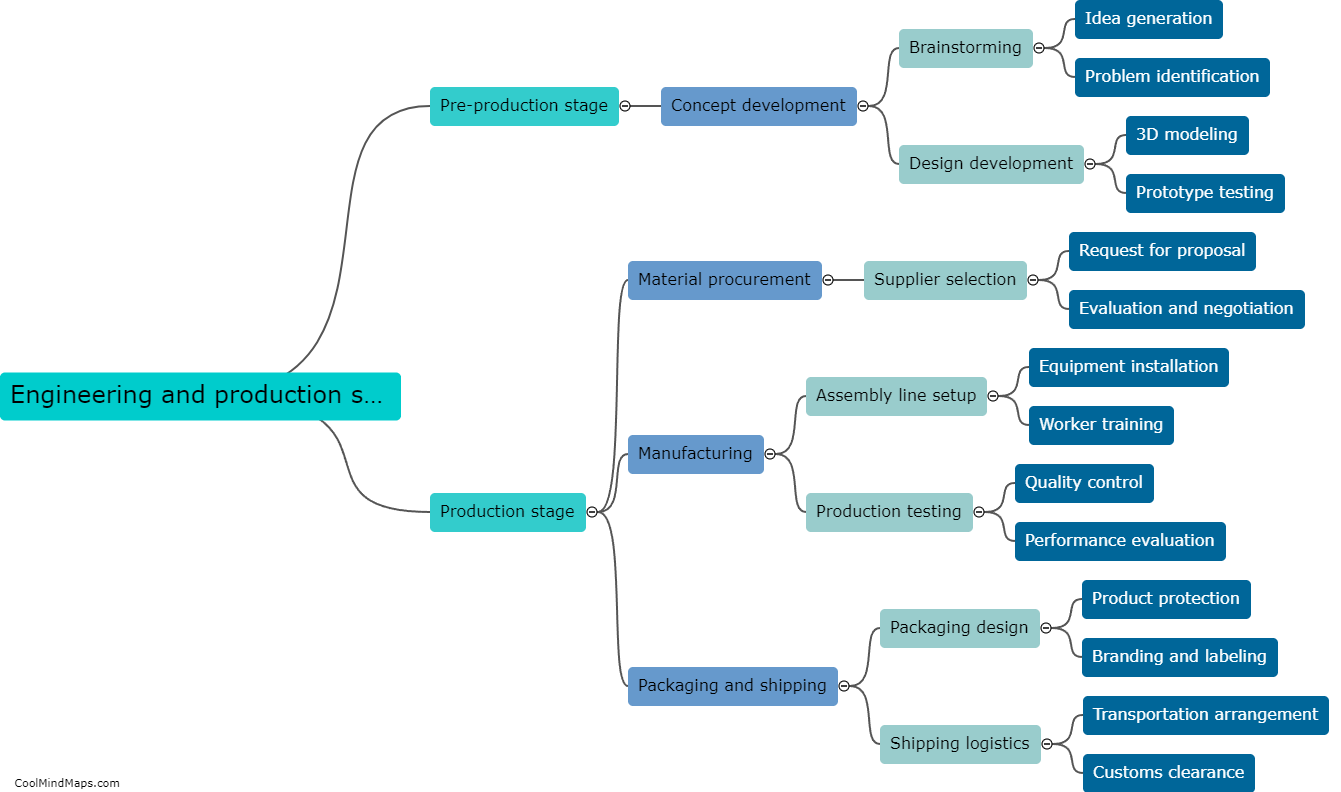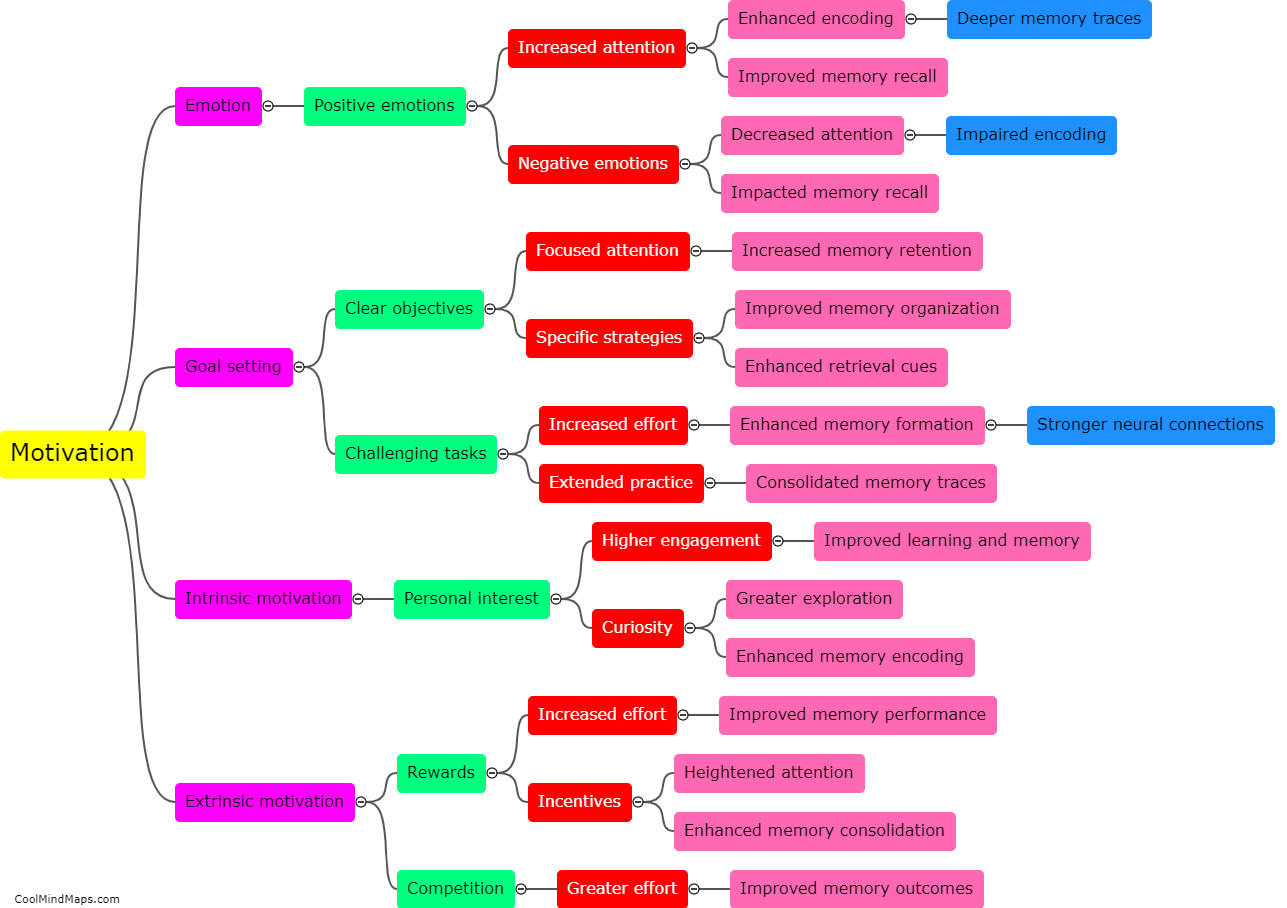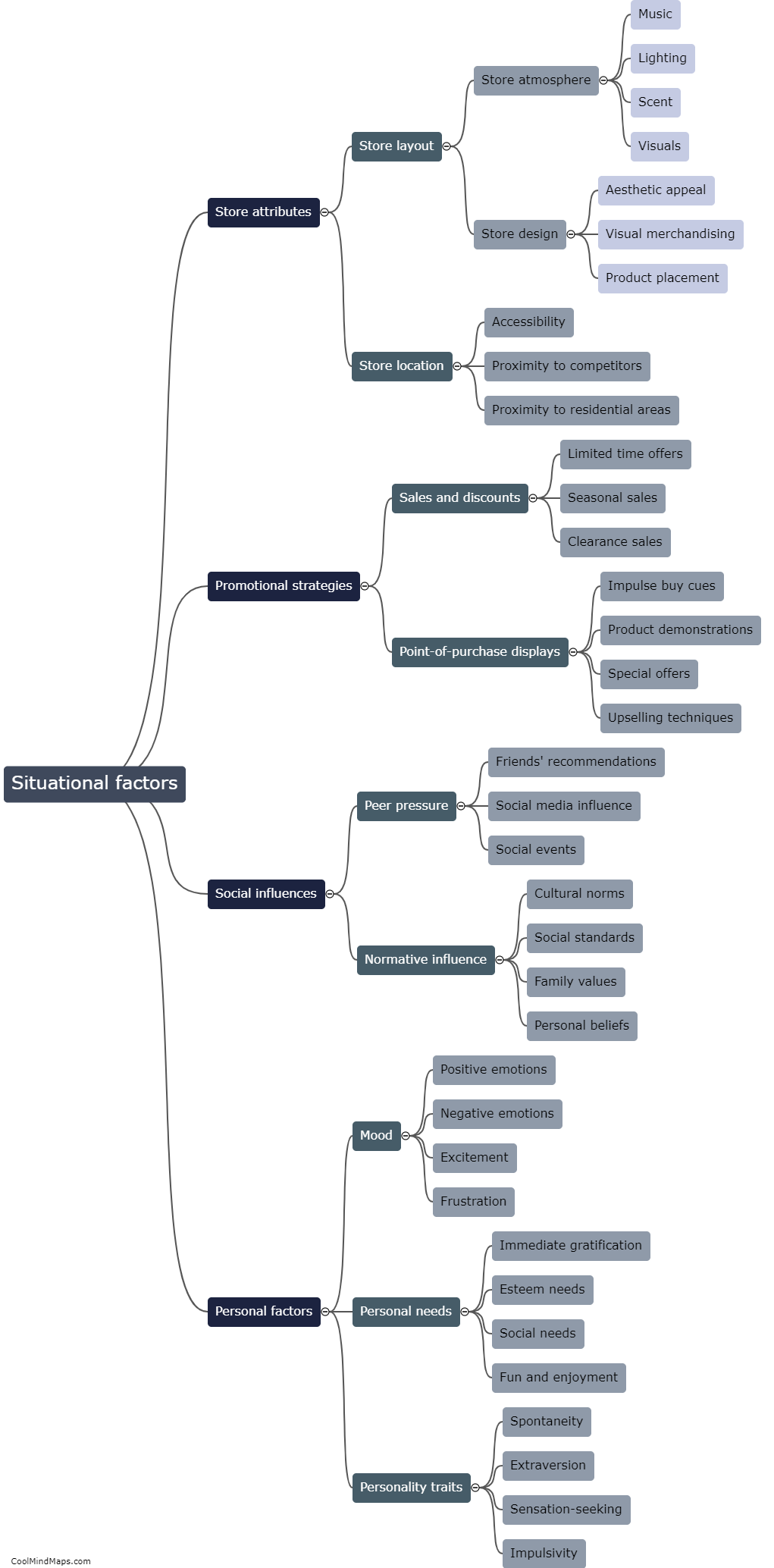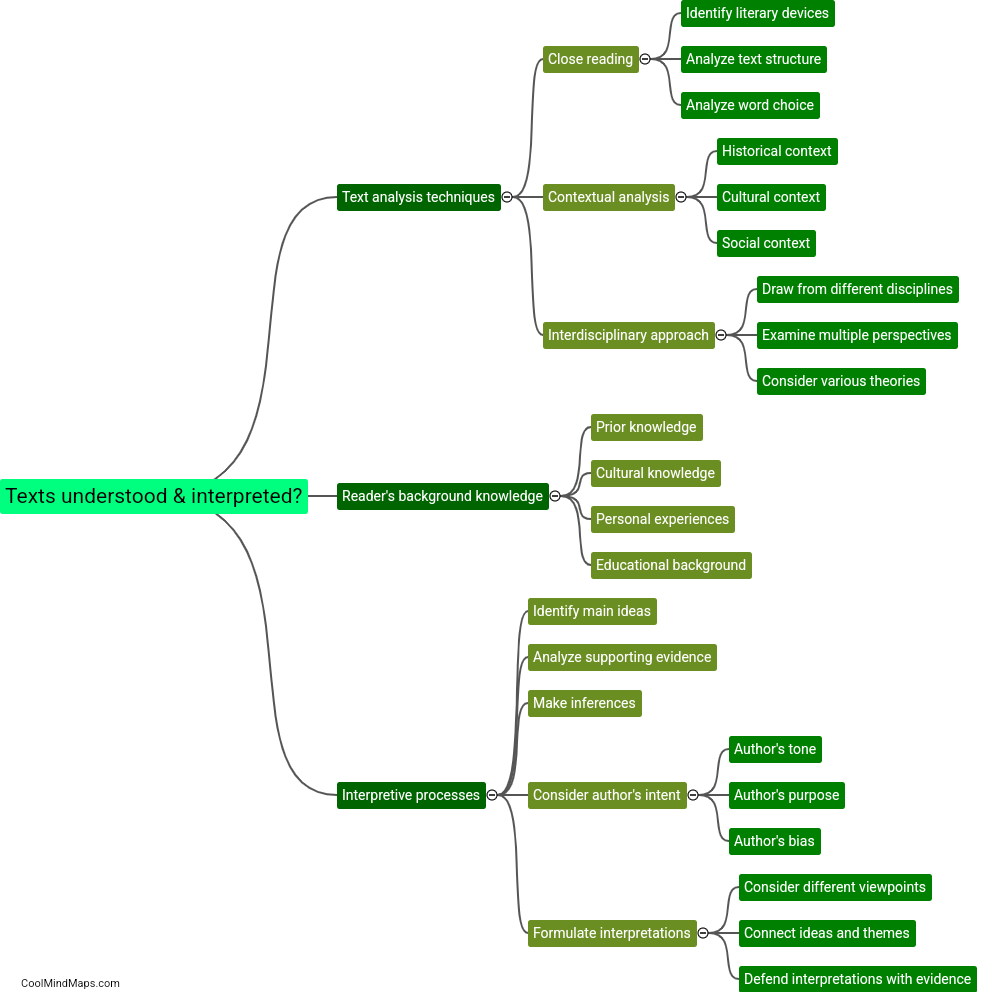What is the definition of knowledge according to David Hume?
According to the Scottish philosopher David Hume, the definition of knowledge is grounded in the concept of impressions and ideas. Hume posits that knowledge is derived from the experience of vivid and forceful sense perceptions, or what he calls impressions. These impressions then form ideas, which are weaker copies of the original impressions. For Hume, knowledge is the result of the association of ideas based on causal connections observed in our observations and experiences. This means that our knowledge is limited to what we have directly observed or experienced, and we can only claim certainty about matters that are based on direct, vivid impressions. Hume's definition of knowledge thus emphasizes empirical evidence and rejects any form of innate or a priori knowledge.

This mind map was published on 19 September 2023 and has been viewed 92 times.

